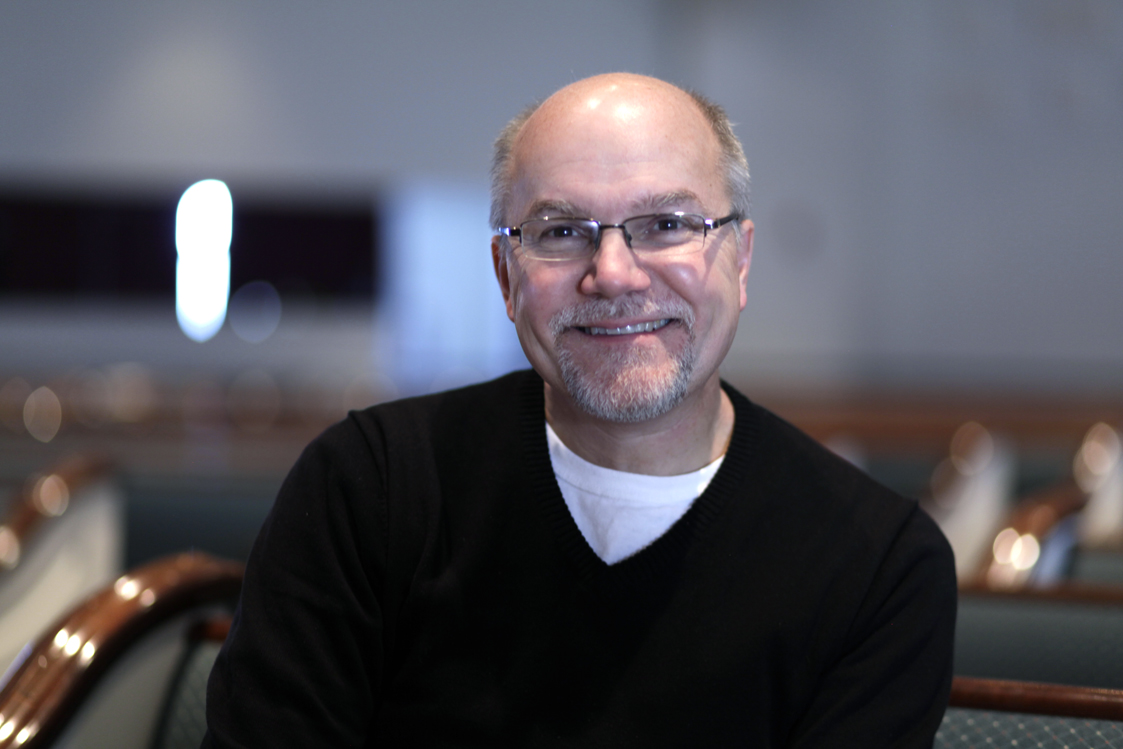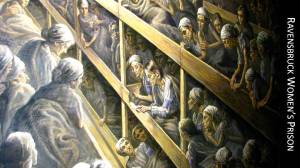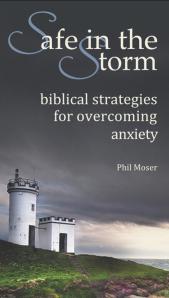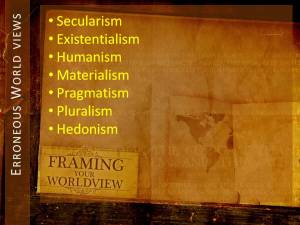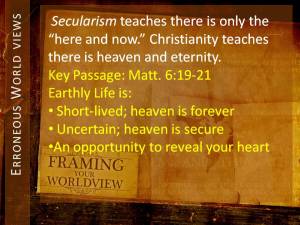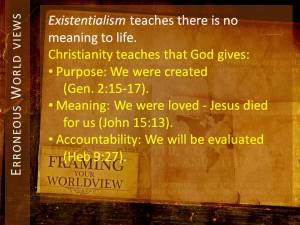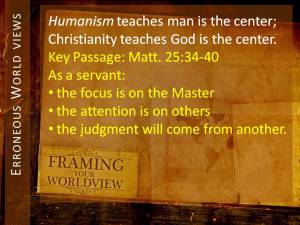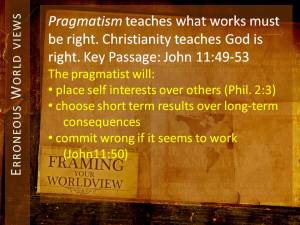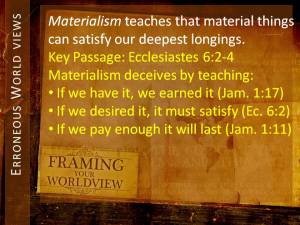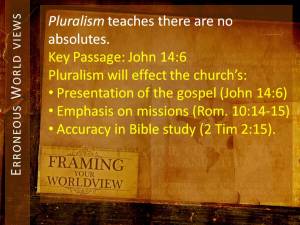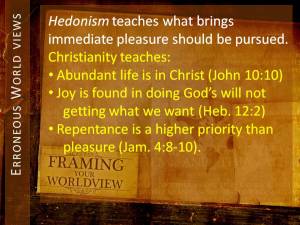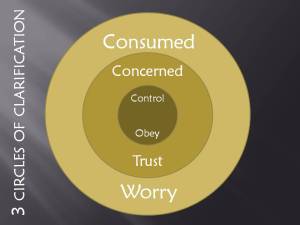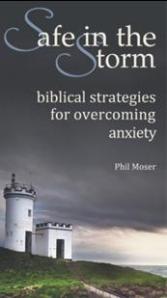12th Man Training — What to Expect
 Like any training, a level of commitment to work between sessions is essential for success.
Like any training, a level of commitment to work between sessions is essential for success.
Our Commitment: (1) to provide “how to” resources and teaching that is both biblical and practical; (2) to provide a small-group environment that is conducive to mutual encouragement and accountability.
Your Commitment: (1) to work hard at the spiritual disciplines necessary for growth — prayer, Bible reading, Bible memory, and life application of truth; (2) to avail yourself of the other men in the group as a resource for prayer, encouragement and accountability.
What to Expect:
- We start on time and end on time. Twenty minutes of teaching followed by 35 minutes of discovery, application and accountability.
- Work to do between sessions. While key resources will be provided for you — various Bible reading schedules, prayer helps, and a Scripture memory paradigm — it will be your responsibility to use these resources to develop life changing habits.
- A weekly life application question. At the close of each week’s teaching you will receive one question to “put into practice” during the upcoming week. You will receive a reminder email four days later. Expect to discuss your success or failure of the life application question at the next session.
- The realization that you’re not alone in your challenges. You can expect to support and be supported by other men who are laboring at living their Christian life in a world that is opposed to their success at it.
*** All teaching sessions will be available on YouTube within 48 hours of a training session. You can view them through the Biblical Strategies blog: biblicalstrategies.com/blog/ at the blog go to “categories” and scroll to 12th Man. If you wish to be notified of new postings simply become a follower of the biblical strategies channel on YouTube.


